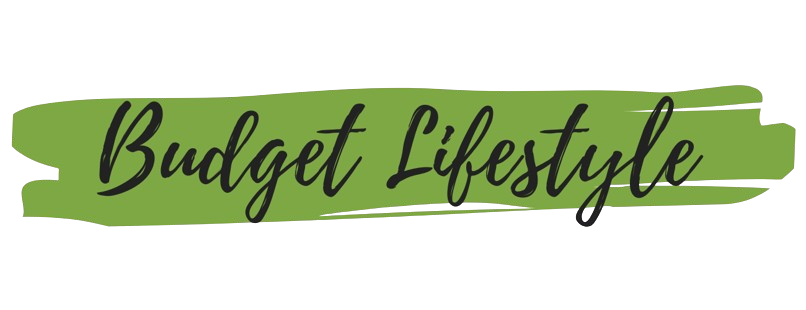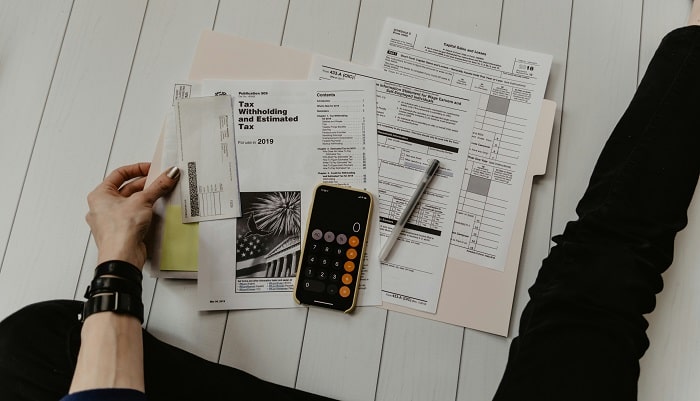Living as a freelancer offers incredible freedom, but it comes with unique financial challenges. From irregular income to managing taxes independently, budgeting for freelancers is essential to maintain stability and financial health. By implementing smart strategies, you can effectively manage income fluctuations, save for taxes, and plan for the future with confidence.
1. Track Income and Expenses: The Foundation of Budgeting for Freelancers
One of the most important steps in budgeting for freelancers is keeping detailed records of income and expenses.
- Track All Sources of Income: Freelancers often have multiple income streams, from project fees to retainers and royalties. Record every source of income, even small jobs, to get a clear picture of your earnings.
- Categorize Expenses: Note down all personal and business expenses. Common business expenses for freelancers may include software, office supplies, travel, and internet fees. Understanding these costs is essential for accurate budgeting and potential tax deductions.
- Use Budgeting Tools: Apps like QuickBooks Self-Employed, Mint, or YNAB (You Need A Budget) can help freelancers track income and categorize expenses efficiently.
2. Create a Freelancer-Friendly Monthly Budget
Freelance income can vary, so establishing a minimum monthly budget is critical. Establishing a baseline budget helps you manage your essential monthly expenses even during low-income periods.
- Identify Fixed and Variable Expenses: Fixed expenses include rent, utilities, and insurance—costs that remain the same each month. Variable expenses, like groceries, entertainment, and dining out, can fluctuate and may be adjusted when needed.
- Calculate Minimum Monthly Requirements: Based on your fixed expenses and minimum variable costs, determine the least amount of income needed to cover essentials. This is your “baseline budget,” which helps you gauge the minimum income required each month.
- Include a Buffer: Aim to build a small buffer into your budget for unexpected costs, which is especially helpful during slower months.
3. Build a Freelance Emergency Fund
For freelancers, an emergency fund is a financial safety net that provides peace of mind during lean periods.
- Start with a Goal: Aim for at least three to six months’ worth of essential expenses saved. This fund will protect you during slow months or unforeseen events.
- Automate Savings: Schedule automatic transfers into your emergency fund account each month, even if it’s a modest amount. Small, consistent contributions help build the fund gradually.
- Keep It Accessible: Store your emergency fund in a high-yield savings account that allows easy access when needed but keeps it separate from daily expenses.
4. Plan Taxes Year-Round: Key to Budgeting for Freelancers
Freelancers are responsible for managing their own taxes, so budgeting for taxes consistently is key.
- Set Aside a Percentage of Each Payment: A general rule is to set aside 25-30% of your income for taxes, depending on your tax bracket and location.
- Consider Quarterly Estimated Payments: In many countries, freelancers are required to pay quarterly estimated taxes. Make note of these deadlines (e.g., April 15, June 15, September 15, January 15 in the U.S.) to avoid penalties.
- Open a Separate Tax Account: To avoid using tax money for personal expenses, open a dedicated account for taxes. Transfer a portion of each payment to this account to ensure you’re prepared when tax season arrives.
5. Smooth Out Income Fluctuations with a “Feast and Famine” Approach
Freelancers often experience “feast” and “famine” periods where income is high in some months and lower in others. Budgeting for this variability helps you stay financially stable.
- Pay Yourself a “Salary”: Determine a consistent amount to “pay” yourself each month from your freelance income. This strategy helps create stability, even if monthly earnings vary.
- Save Surplus Income: In high-income months, allocate excess earnings to cover leaner periods. Place this surplus in a reserve account that you can tap into when income is lower.
- Negotiate Retainers or Long-Term Contracts: Securing clients with monthly retainers or ongoing contracts can provide a reliable income stream, helping to offset slow periods.
6. Reduce Debt and Avoid Unnecessary Spending
Debt repayment and mindful spending are especially important for freelancers to maintain financial security.
- Prioritize High-Interest Debt: If you have high-interest debt, like credit card balances, aim to pay this down first to avoid accumulating additional interest charges.
- Separate Business and Personal Expenses: Maintaining separate accounts for business and personal expenses helps you track spending more effectively and makes tax deductions easier.
- Practice Frugality During Low-Income Months: During slower periods, try to limit discretionary spending on non-essentials, focusing instead on covering core expenses.
7. Plan for Retirement
Freelancers must take extra steps to save for retirement, as they don’t have employer-sponsored plans.
- Contribute to a Freelance-Friendly Retirement Account: Options like a SEP IRA (Simplified Employee Pension), Solo 401(k), or Roth IRA allow freelancers to save for retirement while benefiting from tax advantages.
- Automate Retirement Contributions: Schedule regular contributions to your retirement fund, even if you start with small amounts. Automating contributions helps build savings over time.
- Set Annual Goals: Review your retirement savings annually and set realistic goals to ensure you’re on track for the future.
8. Revisit and Adjust Your Budget Regularly
Freelance income and expenses can change frequently, so revisiting your budget every few months ensures it stays relevant.
- Review Your Budget Quarterly: Check your budget at least quarterly to assess if your income has changed, and adjust expense categories or savings goals as needed.
- Analyze Income Patterns: Over time, you’ll notice patterns in your earnings. Identifying peak and slow seasons can help you prepare better.
- Celebrate Financial Wins: Take time to acknowledge milestones, like meeting a savings goal or paying off debt. Recognizing progress keeps you motivated to maintain healthy financial habits.
Conclusion: Master Budgeting for Freelancers
Budgeting for a freelance lifestyle requires a proactive approach and disciplined planning, but the rewards—flexibility, freedom, and control over your work—make it worthwhile. By following these strategies, you can manage income fluctuations, save effectively for taxes, and work toward financial security. Embracing a mindful approach to money will allow you to enjoy the benefits of freelancing without financial anxiety.

